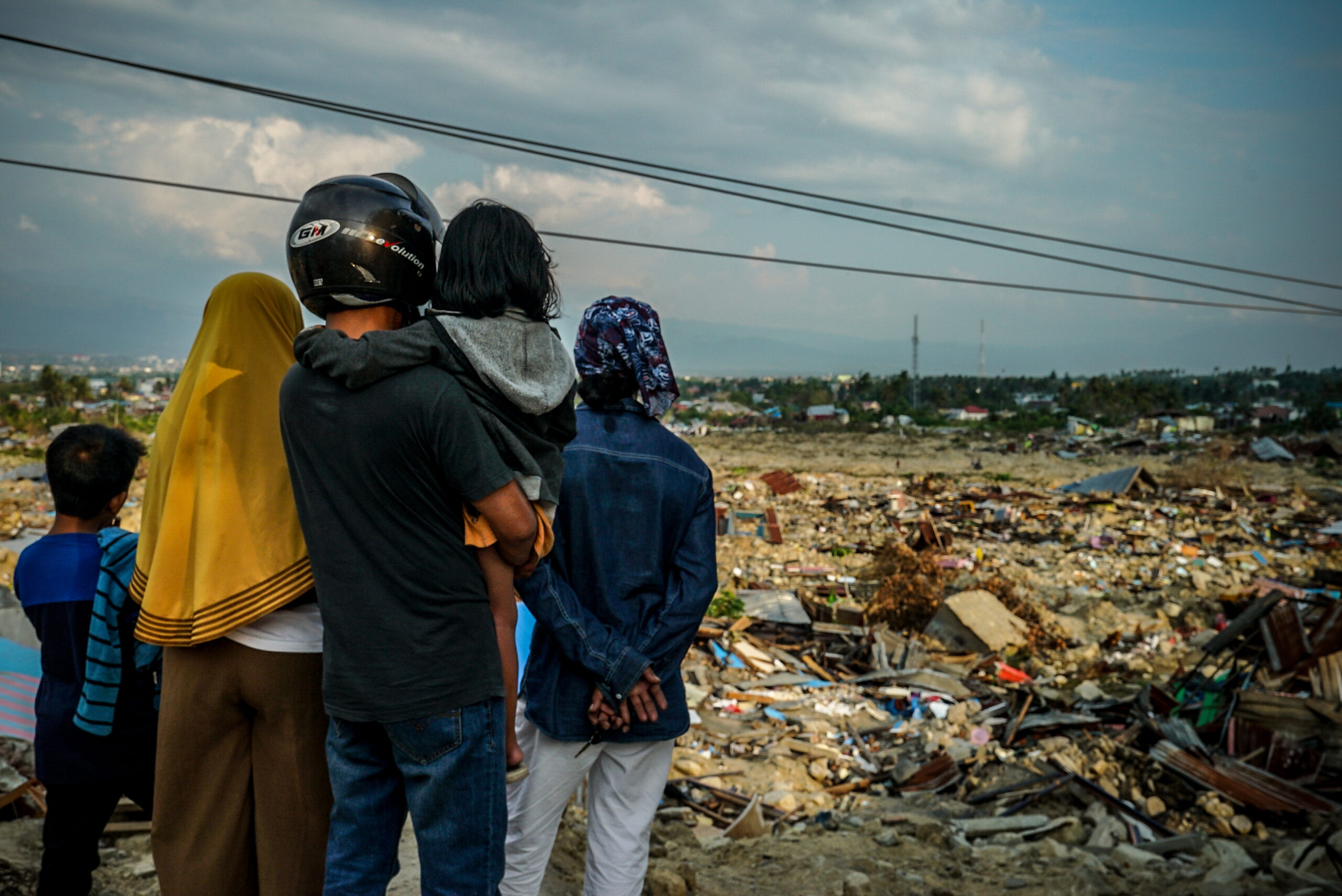Response services for child survivors of sexual exploitation and abuse
Many developing countries have weak or non-existent complaint and response mechanisms for child exploitation and abuse. It is even rarer to find referral systems that guarantee safety of survivors and their families, as well as free access to quality medical, psychological and legal support. In one study across Kenya, Malawi, Tanzania, and Zimbabwe, less than ten percent of child survivors had accessed government health services for support.
Main reasons for people not accesses services is poor provision of services by the government, lack of awareness by healthcare providers or the community, and fear from survivors about stigma and retributions.

A study from Senegal in 2010 found that 74 percent of abused girls did not report cases, in Cameroon the number was 59 percent, and in Burkino Faso 57 percent of survivors did not report their abuse.
There are clear standards to prevent intimidation including the creation of physical and legal restraints on the accused through judicial restraining orders, pre-trial detention, and hose arrest to avoid direct contact with victims, other children, and witnesses.
In many instances however, children do not report sexual abuse because they fear that their parents may not be supportive, or may not believe them. Survivors may also remain silent about an abuse because of shame or fear of embarrassment if the incident was to become public. In light of these obstacles to reporting and seeking assistance, many countries now have reporting hotlines that can be accessed anonymously.
Some countries have responded positively by the creation of one-stop-shops that support abuse survivors. Morocco, South Africa, and Ethiopia have some but they are often limited to capital cities and few in number. Zimbabwe has more recently established a dedicated police unit to help respond to reports of child exploitation and abuse. This unit is called the Victim Friendly Unit and also conducts proactive work around awareness. Similar units are now functioning in Namibia, Zambia, and Malawi.
Properly resourced services are critical for realization of child rights in every country. Many of the services provided to child survivors of abuse and exploitation are provided by NGOs and well-intentioned, but often under-experienced volunteers. A global survey by the United Nations identified that only five percent of countries budgeted properly to fund policies and programs to address violence against children.
Child sexual abuse and exploitation is on the rise, and is a problem in nearly every country, both in incidence, and in response. Many actors continue to underestimate, misunderstand, and neglect the seriousness of child abuse and exploitation.
Humanitarian Advisors calls for action to improve response to child exploitation and abuse
Humanitarian Advisors calls on all governments to develop and enforce laws that improve the protection of children, especially children that are vulnerable to sexual exploitation including children with disabilities, child-headed households, children living and working on the street, child refugees, and displaced children.
Humanitarian Advisors further calls on all governments to have conversations about sexual exploitation and combat gender-discriminator attitudes and practices surrounding sexual exploitation.
Finally, Humanitarian Advisors call on governments to ensure the availability of care and support services for all child survivors of sexual exploitation, in an integrated, safe, and respectful manner.
1 thought on “The importance of response and support services for child survivors”
Comments are closed.